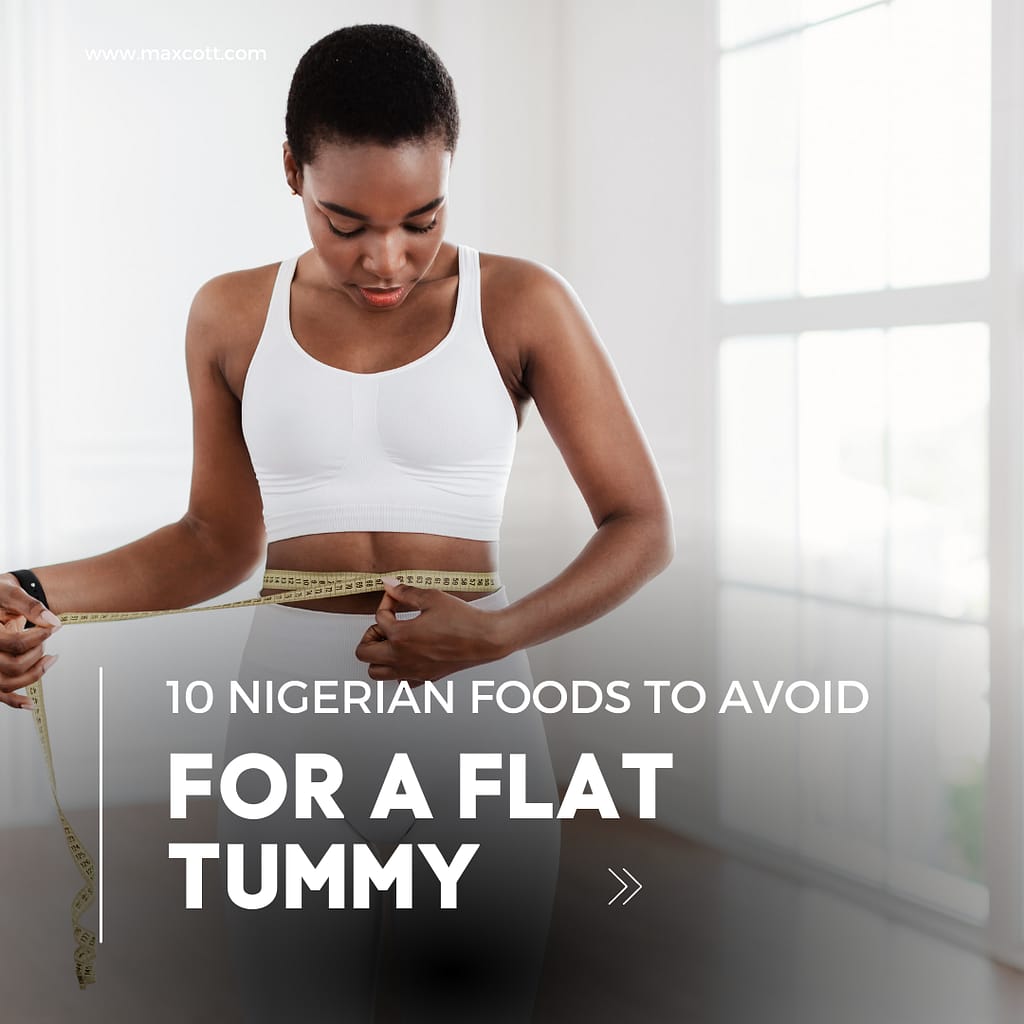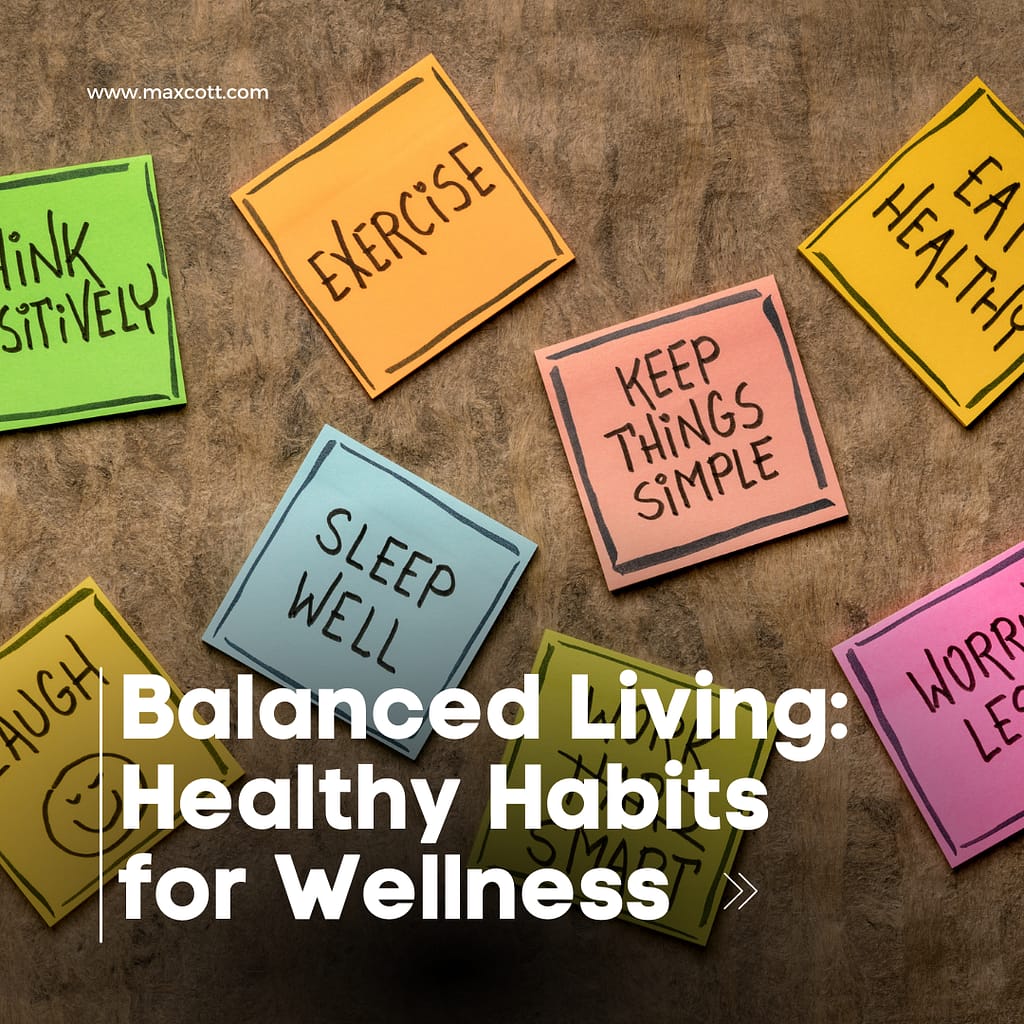Let me be honest. you don’t need to eat today. In fact, skipping a meal or even an entire day of eating could be one of the best things you do for your body. I know this might sound a little harsh, but don’t run away just yet. Let me take you back in time to see how our ancestors lived compared to us today.
Our Ancestors

Our ancestors didn’t have the luxury of food at their fingertips. There were no fridges, no grocery stores, and definitely no food delivery apps. They didn’t have the option to snack whenever they felt a little hungry. If they wanted to eat, they had to work for it, really work for it. Hunting, gathering, and traveling miles on foot just to find something to eat was their reality. And guess what? Sometimes they didn’t eat for days. And they survived. Actually, they thrived.
While our ancestors faced high childhood mortality rates due to disease and injury, those who survived infancy or childhood often lived to be around 100 years old. This was due to their active lifestyle and the natural rhythms of their diet and environment. Compare that to us today, the average life span is around 60 years. If you’re 30 years old right now, you’re already running on half time.
For us today. Food is everywhere. You’re probably sitting within a few steps of your kitchen right now, where your fridge is stocked with raw, cooked, processed, and fresh foods, all ready to be consumed at any moment. You can order food from your phone and have it delivered to your door in less time than it takes to watch an episode of your favorite show. But here’s the problem, we’re eating more than our bodies need and moving less than our bodies are designed to.
Us Today

The Power of Fasting
Here’s where fasting comes in. Fasting isn’t just some trendy diet fad, it’s something our bodies are naturally equipped to handle, something our ancestors did regularly. Why do you think every religion in the world somehow includes fasting in their doctrine? For example, in Christianity, fasting is a practice that’s been part of spiritual life for centuries. Muslims fast during Ramadan, Jews during Yom Kippur, and Hindus observe fasts during various festivals. Fasting is more than just a physical cleanse; it’s a complete body & spiritual reset.
Many people have shared that in moments of confusion or difficulty, when they didn’t know what to do, they decided to fast and pray. And during that time, they found clarity. The right decisions were revealed to them. That’s the power of fasting with belief, it clears your mind and strengthens your spirit.

When you fast, you’re giving your body a break. You’re giving it time to use up the calories you’ve already consumed and to start healing itself. After about 13 hours of not eating, your body enters a state called autophagy. This is when your cells start to clean themselves up, getting rid of old, damaged parts and making way for new, healthy ones.
Imagine your body is a city with lots of buildings. Your cells acting as a cleanup crew. When you don’t eat for a while, these cells go around fixing or recycling old and broken parts, helping keep everything in your body in good shape. Autophagy helps protect against diseases, boosts your immune system, and even slows down aging. But if you’re constantly eating, your body never gets the chance to enter this healing mode.
What Happens During a Fast?
Let’s break it down:
After 6-8 Hours: Your body starts to use up stored glycogen (sugar) for energy. Once that’s gone, it begins to break down fat for fuel.
12-16 Hours: Autophagy kicks in. Your body starts to repair itself at the cellular level, cleaning out damaged cells and regenerating new ones.
24-48 Hours: Growth hormone levels increase, which helps with fat loss and muscle gain. Inflammation in your body decreases, and your insulin levels drop, making your body more sensitive to insulin, which is great for preventing diabetes.
48-72 Hours: Your immune system gets a reboot. Old immune cells are broken down and replaced with new ones, boosting your body’s defenses against illness.

Why I’m Telling You This
I’m not just preaching this, I practice it myself. Many mornings, I choose not to eat anything. no breakfast, no lunch, no snacks. And you know what? I feel great. Fasting has become a part of my life, and the benefits are undeniable. I’m sharing this with you because I believe in the power of giving your body a break from constant eating.
If you’re struggling with fasting or want to understand it deeper, check out my blog on intermittent fasting and weight loss here. It provides more insights and tips on how to incorporate fasting into your routine effectively.
If you found this post informative, share it with your friends and family on social media. It’s better they read it themselves so you don’t have to explain it all.



